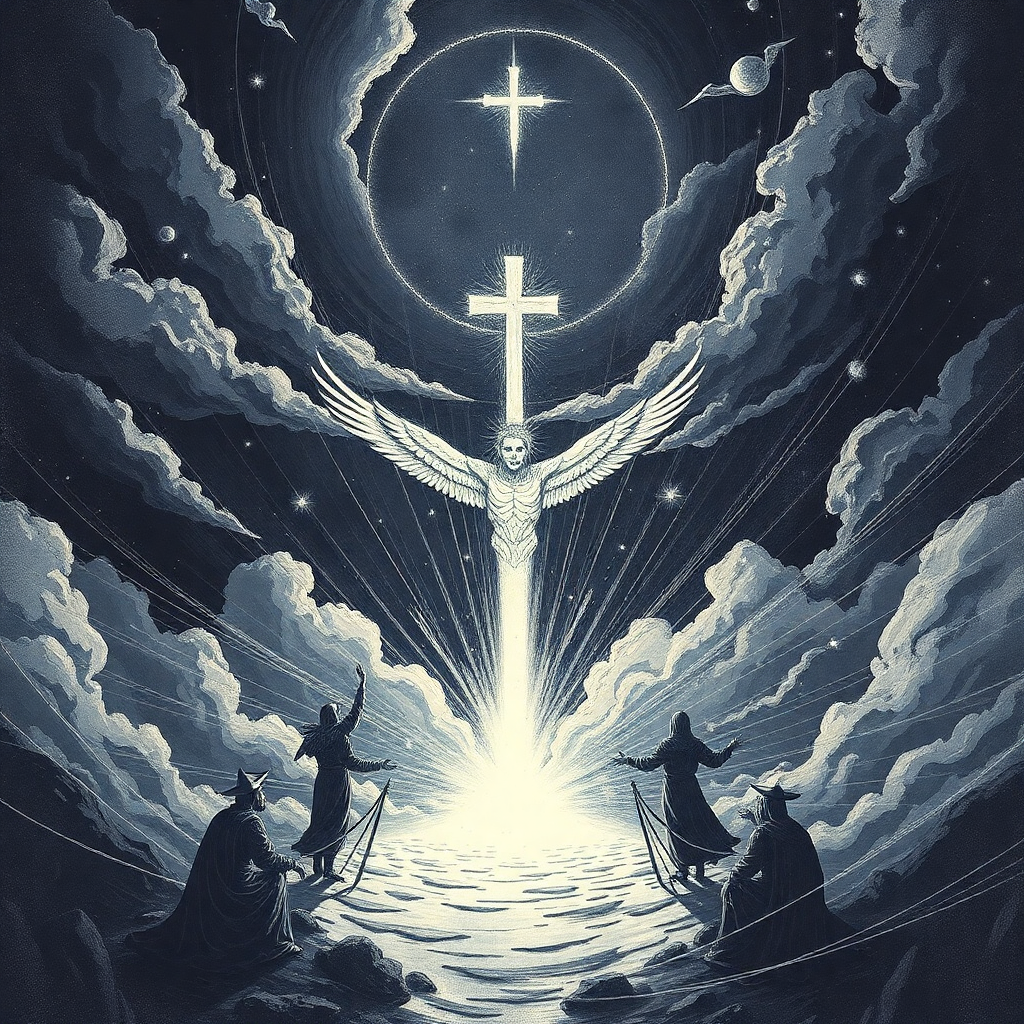What does eschatology mean in the Bible?
Eschatology is not merely concerned with the end but also provides a framework for hope. By addressing the ultimate resolution of human history, it reassures believers that God is in control and that evil will not have the final say.
Eschatology, derived from the Greek word "eschatos," meaning "last" or "final," refers to the study of end times or last things, particularly within a theological context. In the Bible, eschatology encompasses various themes related to death, judgment, the afterlife, and the final destiny of humanity and creation itself. This theological doctrine addresses some of the most profound questions about existence, morality, and divine justice, making it a critical component of Christian belief systems.
Biblical Foundations of Eschatology
The foundations of eschatology can be seen throughout both the Old and New Testaments. In the Old Testament, prophetic texts such as Daniel, Ezekiel, and Isaiah introduce concepts of judgment and restoration. For example, the Book of Daniel discusses the end times in terms of God's sovereignty over kingdoms and the ultimate triumph of His divine kingdom. Similarly, the prophetic visions in Isaiah depict a time of peace and restoration for God's people, hinting at a future hope beyond the present struggles.
The New Testament builds upon these themes, centering significantly on the teachings of Jesus. His parables, especially those related to the Kingdom of God, often have eschatological implications, emphasizing both the immediacy of God's reign and the future fulfillment of His promises.
The Book of Revelation, attributed to John, explicitly outlines a comprehensive vision of end times, including the final judgment, the return of Christ, and the establishment of a new heaven and earth. This apocalyptic literature provides rich imagery meant to inspire hope and perseverance among believers facing tribulations.
Key Themes in Biblical Eschatology
Several key themes emerge within biblical eschatology, each contributing to a deeper understanding of its significance. One of the most prominent themes is the concept of the ‘Day of the Lord,’ which refers to a future event when God will intervene decisively in human history. This day is depicted as one of judgment for the wicked yet a time of hope and redemption for the faithful.
Another essential theme is the resurrection of the dead, a core belief outlined in both the Old and New Testaments. The resurrection signifies not only the renewal of life but also the assurance of eternal life for those who believe. The Apostle Paul’s letters, especially 1 Corinthians 15, articulate this belief, explaining how the resurrection transforms the understanding of life, death, and hope.
Moreover, the idea of the final judgment underscores the moral architecture of Christian eschatology. The belief in accountability before God emphasizes that actions have consequences, further motivating ethical behavior among believers. This judgment is depicted as a separation of the righteous from the unrighteous, culminating in the establishment of divine justice.
Eschatological Hope and Its Implications
Eschatology is not merely concerned with the end but also provides a framework for hope. By addressing the ultimate resolution of human history, it reassures believers that God is in control and that evil will not have the final say. This hope is transformative; it encourages individuals to live with purpose, cultivate justice, and foster love in the here and now, shaping their lives according to the values of the coming Kingdom of God.
The teachings of Jesus, particularly the Sermon on the Mount, reinforce this proactive attitude towards life, emphasizing mercy, humility, and servanthood. Acknowledging a future that is rooted in God's promises inspires believers to engage actively with the world, fostering communities rooted in grace and compassion, while maintaining an eternal perspective that transcends the temporal struggles of life.

Various Interpretive Approaches
The study of eschatology has led to various interpretive frameworks within Christianity. These approaches often arise from the differing understandings of biblical texts and theological emphases. Preterism, for example, interprets many eschatological prophecies as already fulfilled, particularly in the context of the early church. In contrast, futurism anticipates that many of these events are still to come, focusing heavily on the Book of Revelation and other prophetic literature.
Historicism provides a historical context, viewing the unfolding of events as ongoing throughout church history, while idealism emphasizes the symbolic and allegorical meanings in the biblical texts. Each of these perspectives contributes to a richer dialogue about what eschatology means and how believers can engage with their faith in an increasingly complex world.
Conclusion
In conclusion, eschatology, as understood through the lens of the Bible, serves as a vital component of Christian theology that addresses profound questions about life’s ultimate purpose and destination. By examining various themes, believers can gain a deeper appreciation for the narrative arc of scripture and the promise of hope it holds.